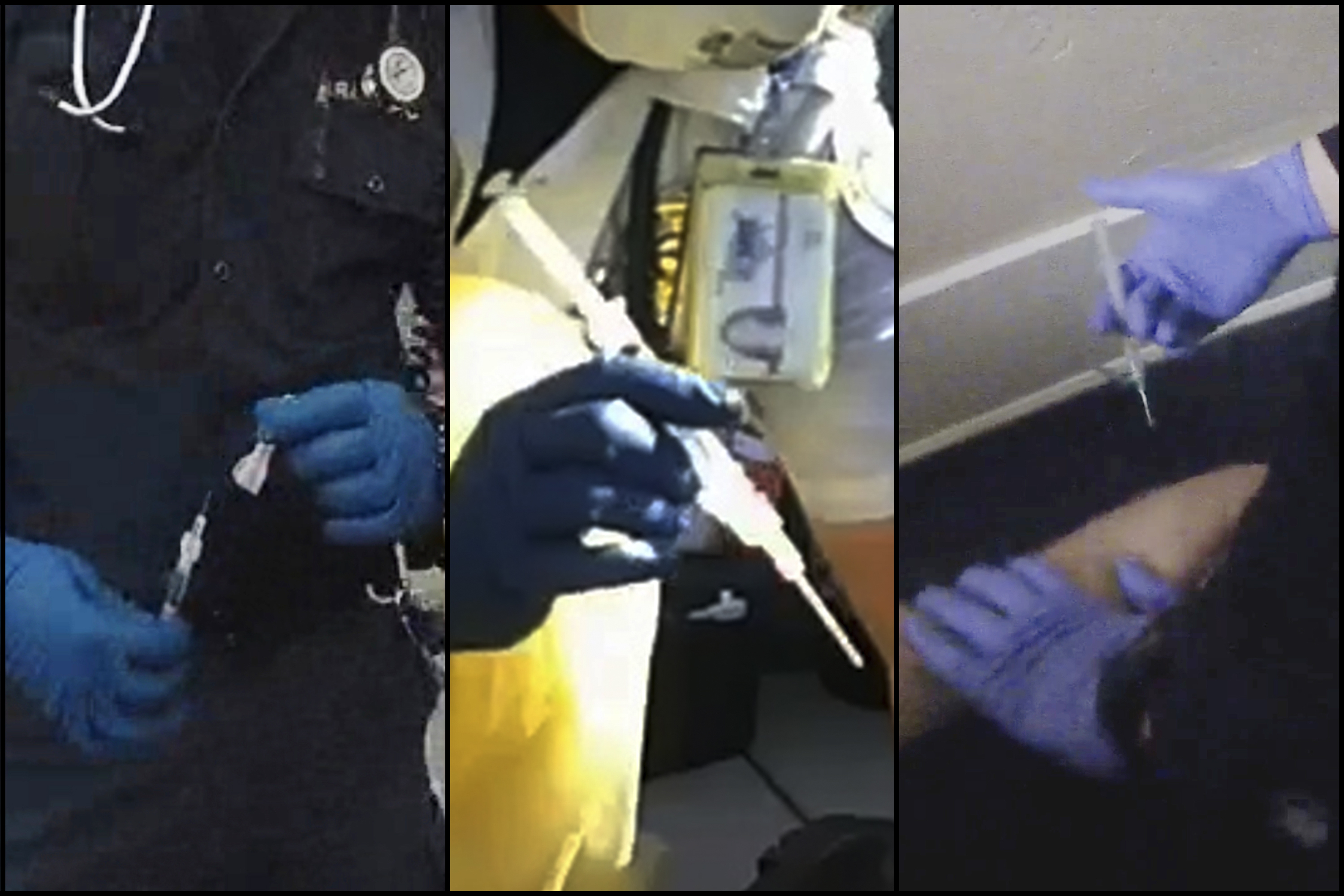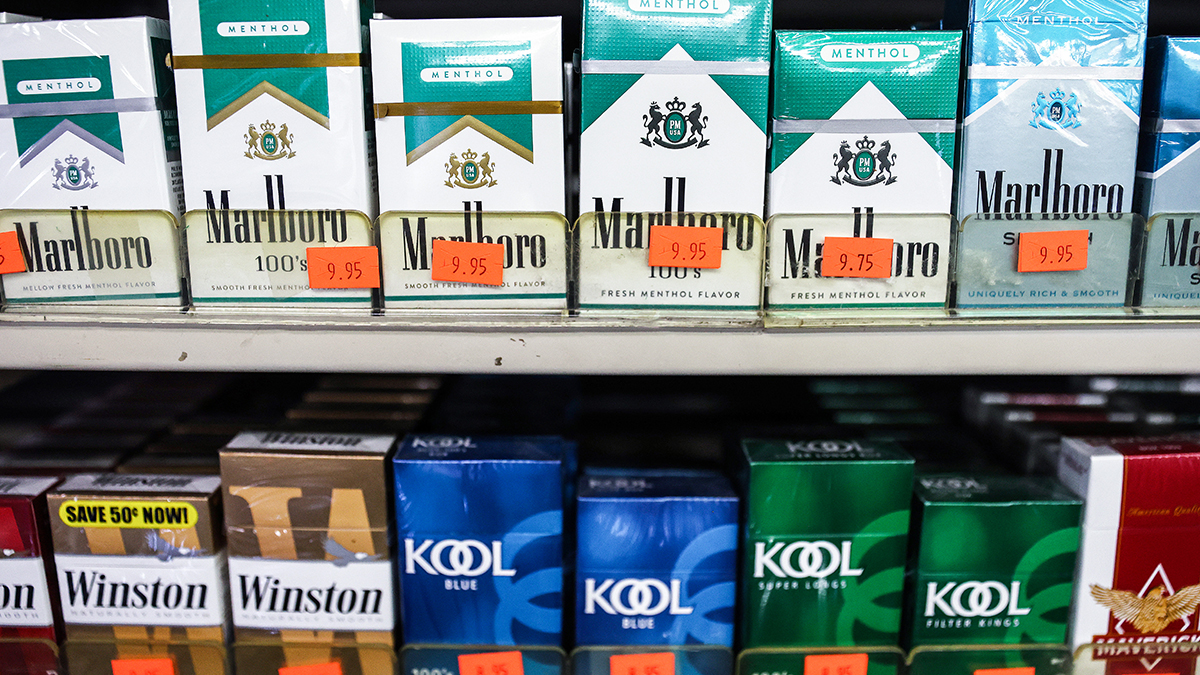When JetBlue flight attendant Steven Slater dramatically walked off the job — jumped actually — he became a poster boy for all that’s wrong with air travel today.
“It’s no secret that the air travel experience — which includes the TSA experience, delays, cancellations — is not as comfortable as it could be,” said Geoff Freeman, the executive vice president of the U.S. Travel Association, which represents the American tourism industry. Research by the association suggests that 41 million people are avoiding air travel every year because of the so-called “hassle factor.”
Those hassles, from crowded planes to tightened security to fees for checked baggage, have made air travel an intolerably bad experience, which is why passengers are lashing out.
“Air travel has become like flying below Greyhound ... in the baggage compartment under the bus,” says Amy Alkon, author of the book “I See Rude People: One Woman's Battle to Beat Some Manners into Impolite Society.” “There are those who still find coach seats adequately roomy — mainly small-boned children under eight, and armless, legless midgets. Better hope you have one of the latter seated next to you, and not some 300-pound man who wordlessly annexes half of your seat like he's Germany and you're Poland.”
Many airline insiders say flight attendants get no respect, and Slater’s case is arguably a direct result of that. The passenger involved in the altercation apparently ignored the crew member’s instructions to sit down, which is a federal offense.
“I can tell you that part of the problem is that passengers sometimes take the job we do personally,” says Bobby Laurie, a San Francisco-based flight attendant. “Sometimes they think that us telling them to turn their phones off is a personal attack or annoyance. They don’t always understand that it’s our job, and a regulation that we have to follow.”
Discuss: What's the most bizarre thing you've witnessed while flying?
U.S. & World
In Slater’s case, his take-this-job-and-shove-it moment appeared to resonate with many Americans, and the 38-year-old JetBlue flight attendant became an instant folk hero. By Wednesday, more than 120,000 people declared themselves supporters of Slater on Facebook, and the number was growing every hour. At least one fan set up a legal fund on his behalf.
"The response has been amazing and that's probably in part because those people have been stuck on a lot of full, hot planes in the last three months," said Thom McDaniel, a union president and flight attendant at Southwest Airlines for 18 years.
Flight attendants, who serve on the front lines of customer service and may put in 14- to 16-hour shifts, need respect from their employer, too.
Rob Waldman, a professional leadership speaker and bestselling author of “Never Fly Solo,” said Slater’s support network didn’t work. “He didn’t have a wingman,” he said. “His flight attendants weren’t there for him, JetBlue wasn’t there for him, and he had nobody to turn to and he reached his boiling point.” If he’d had more support, Waldman added, “this might have ended differently.”
Flying, by its very nature, is stressful, meaning it’s possible to remove all of the pain points identified by the experts — the fees, the hassles, the headaches — and still have a difficult flight. There are rough takeoffs, landings and turbulence. Anya Clowers, a nurse and travel expert, said Southwest’s tactic, which is to use a little humor to defuse a problematic situation, works well. “Laughter is a physical release of pent up airport security stress, boarding stress, and so forth,” she said. Even a good in-flight entertainment system (which JetBlue has) can keep passengers’ minds off the often harrowing experience of flying.”
“A little common courtesy would go a long way toward stopping all of this air rage,” said Cindy Richards, who writes a blog about family travel. “Ticket agents and gate attendants should be empowered to do whatever it takes to make travel easier for passengers. And — gasp — they should do it with a smile.” But it goes both ways, she added. Passengers also need to understand that airline workers are people, too. “They have bad days and need someone to cut them a little slack now and then.”
Flying is unlike any other mode of transportation. You’re trapped in a pressurized aluminum tube for hours at a time. Passengers’ coping mechanisms include medication, such as sleep aids or other calming agents, and alcohol, said Katherine Muller, a therapist at the Montefiore Medical Center in New York. “Some who white-knuckle the flight without drugs or alcohol may become so anxious that they may actually have a panic attack, which could involve obvious behavioral signs that may be disruptive,” she said. The goal should be preventing passengers and crewmembers from reaching that threshold.
Slater, meanwhile, could be in a heap of trouble. He has been charged with criminal mischief, reckless endangerment and trespassing, counts that carry a maximum penalty of seven years in prison. Slater exited a Bronx lockup late Tuesday. Stephen Morello, a spokesman for the city's Department of Correction, didn't have details on who posted bail.
"He's not this type of individual at all," said Slater's former grandfather-in-law, Harry Niethamer. "He's always been a gentleman and he loves that job. He had opportunities to do other things but he always went back to that type of work and apparently was always good at it."
Information from The Associated Press was included in this report.



